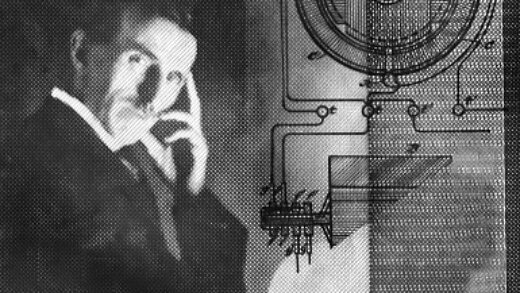- In 1904, Weber published his book named The “Protestant Ethic and Spirit of Capitalism” which is broadly recognized for its use of scientific approaches in Sociology. Max Weber: Protestant Ethic And The Spirit Of Capitalism.
- It displays weber’s notion of causal heterogeneity or probabilism.
- In his book, Weber has factored in political, economic, and religious issues in the rise of capitalism.
- The major point of Weber’s emphasis was the ideology leading to an economic system.
- The major question in Weber’s mind behind economic respect was ‘Is there any association between Protestantism and capitalism’?
- To find answers to his problems, Weber put forward ideal types of capitalism and protestant ethics.
Max Weber: Protestant Ethic And The Spirit Of Capitalism.
Protestant Ethics Or Calvinism.
- Weber put forward the ideal type of Calvinism or Protestant Ethics.
- The theory of protestant ethics states the doctrine of predestination and worldly asceticism as major its center point.
- The doctrine of predestination mentions that some people are selected by God to go to heaven. Also, none of us can know whether we are selected or not.
- Worldly asceticism reveals that firm self-discipline with no pleasure and more hard work is essential for the splendor of God.
- All work is sacred and No intervention of any priests can help us in knowing God.
- According to ethics, Wealth has to be devoted to God and should not be spent on amenities.
Capitalism.
- The ideal type of capitalism was also given by Weber which is an economic system aimed at a limitless gathering of profit.
- Capitalism is prearranged wisely.
- According to capitalism time is money and work is just to get a product in form of profit.
- Capitalism respects individuality, invention, and hard work.
Protestantism Leading To Capitalism.
- According to protestant ethics, Calvinists led an ascetic lifestyle and worked for long hours for the glory of God. Rather than investing money for their leisure, they saved it for the betterment of their future.
- However, the protestant ethics turned to capitalism over a period.
- The spirit of capitalism involved an increased need for capital for investment. They required a hard-working force. Capitalists valued ‘productivity’. Max Weber: Protestant Ethic And The Spirit Of Capitalism.
Relationship between Calvinism and capitalism.
- According to Weber, the Policy of Pre-destination leads to uncertainty about the destiny of Protestant Calvinists consequently leading to anxiety.
- Hard work and self-discipline were seen as paths used to overcome the fear of the unclear.
- Self-discipline gave rise to savings and much-required investment in emerging capitalism.
- This led to extreme worldly activity because success in this was well-thought-out as being selected one in that world.
- Working hard and making money both became sacred and commercial ethics.
Historical Comparative Studies.
Capitalism was differentially observed among various countries. Some of the comparative studies are mentioned as follows: Max Weber: Protestant Ethic And The Spirit Of Capitalism.
- In China, Confucius’s ethics did not authorize the upsurge of capitalism as it pushes upon communal harmony fundamentalism, and family duties.
- On the other hand, in India philosophies of Karma, Dharma, and Punarjanma disallowed the rise of capitalism.
Criticism.
- Weber focused on definite features of religion only ignoring many others, so his ideal type is inaccurate.
- Weber selected only seciific elements out of Hinduism for his investigation. Calvinists equal to Chettiyars in Madras, etc was overlooked.
- The principle of occupation was already present among the Catholics and not specific to protestants.











